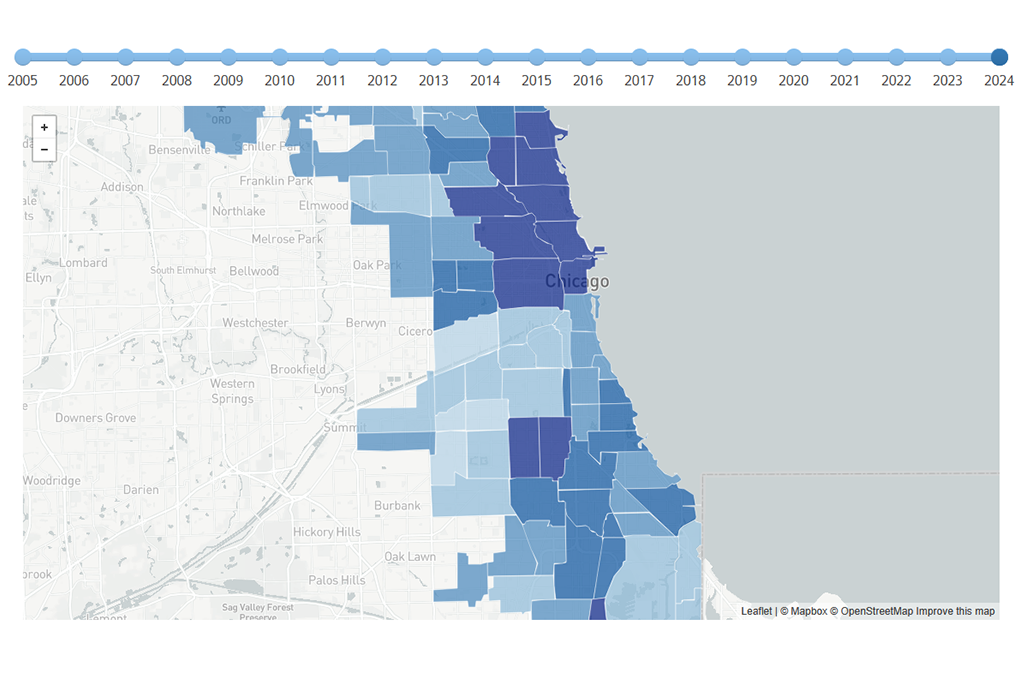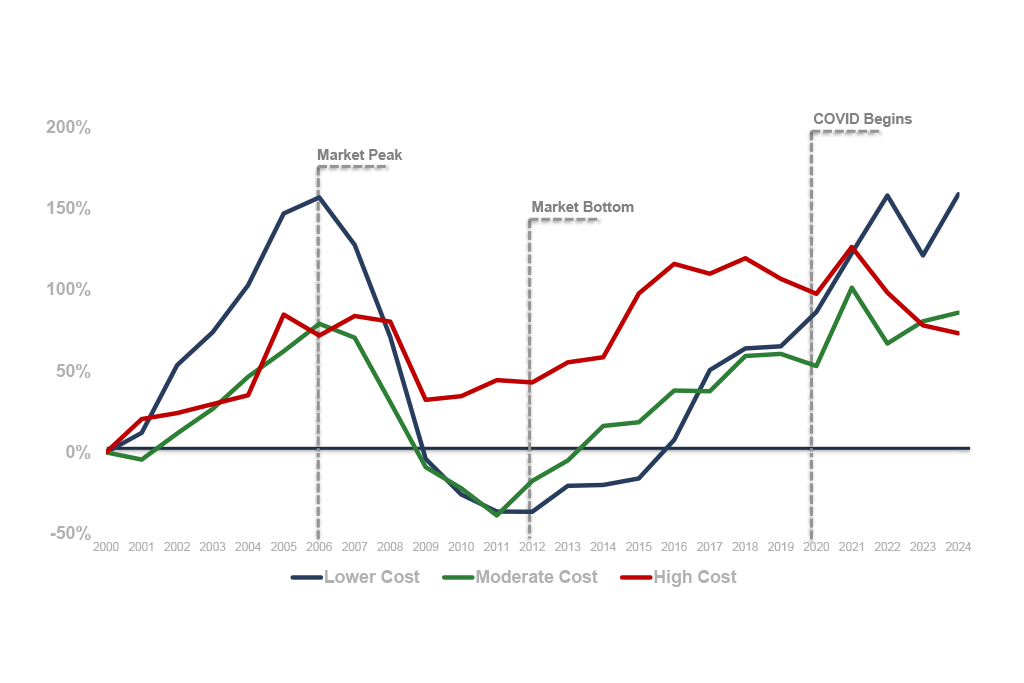Thirty-four years ago, Chicago’s Residential Landlord and Tenants Ordinance, for which I was chief sponsor, passed the City Council. The ordinance ensures basic rights for renters and landlord and requires minimum safety standards for units. Now, Cook County has the opportunity to extend similar protections to 245,000 suburban renter households—and it’s long past time to do so.
Housing is a core need of any family and individual. As the COVID-19 pandemic has made even clearer, a home is never just walls and a roof: a home is the foundation from which we build our entire lives. It is essential to everyone’s well-being.
The stability and health of our communities depend on everyone having somewhere to shelter in place, work, rest, and take care of ourselves or family when we get sick. Any home needs to be decent, safe, and healthy, and landlords have a basic responsibility to ensure reasonable living conditions for the families and individuals to which they rent.
In Cook County, 43 percent of residents rent their homes, according to the Institute for Housing Studies at DePaul University’s 2019 State of Rental Housing in Cook County (nearly 850,000 households). The majority of these households—64 percent—are low-income, and far, far too many are rent-burdened, spending more than a third of their income on housing costs.
This means they face impossible decisions between paying for food and medicine or rent. The economic distress of the pandemic has only made their situations more precarious, and even before COVID-19, our affordable housing supply in Cook County has been dwindling, pushing families into even more tenuous housing situations.
The proposed Cook County Residential Tenant Landlord Ordinance (RTLO) will give more renters the fundamental rights they need to navigate an increasingly challenging rental landscape. The measure will not make a difference for the many landlords who are already acting fairly and justly, but it will make an immense difference for renters dealing with predatory landlords.
Bad landlords must be held accountable when they charge absurdly high late fees, fail to provide common sense termination notices, enter homes without permission, and neglect repairs, all of which will be covered by the RTLO.
This last is a particularly important provision. According the Metropolitan Tenants Organization, nearly 40 percent of renters who call their rights hotline have unresolved repair problems. In Chicago, these tenants have options—but suburban Cook County renters do not. The proposed RTLO gives tenants much-needed options to get necessary repairs done.
The Cook County bill also creates limits for late fees on rental payments, which some landlords jack up to $100, an extraordinary cost for families already living on the brink. It establishes guidelines for when landlords can enter a unit, defends tenants from landlord retaliation, and protects tenants from landlords locking them out without legal authority. In sum, the RTLO will provide basic floors for actors in the rental market. And it will do so without costing the County; the ordinance provides tenants with the tools to enforce their rights through court action and other means.
Ensuring these fundamental rights for tenants is a matter of racial justice. Low-income renters are more vulnerable to predatory landlords, and they are disproportionately people of color.
In their 2020 report called The Gap, the National Low Income Housing Coalition finds that 20 percent of Black households, 18 percent of indigenous households, and 16 percent of Latino households are extremely low-income renters (only six percent of white households are extremely low-income renters).
Renters of color, particularly Black women, are much more likely to face eviction. In order to build more equitable communities, we must ensure that everyone who rents a home has protections that are essential for living safe, healthy lives and finding paths to financial stability.
Chicago renters have had these rights since 1986, when Mayor Harold Washington signed a law that created greater equity and fairer housing conditions for renters and landlords. Now it’s time for Cook County Commissioners to extend these basic rights and create a fairer rental landscape for all their constituents.
David Orr is former Alderman of Chicago’s 49th Ward and former Cook County Clerk. He was Chief Sponsor of Chicago’s Residential Landlord and Tenants Ordinance, which passed in 1986.




